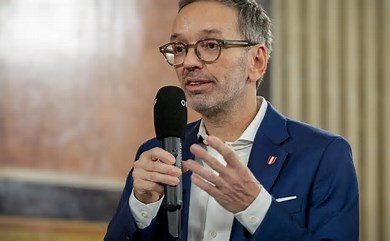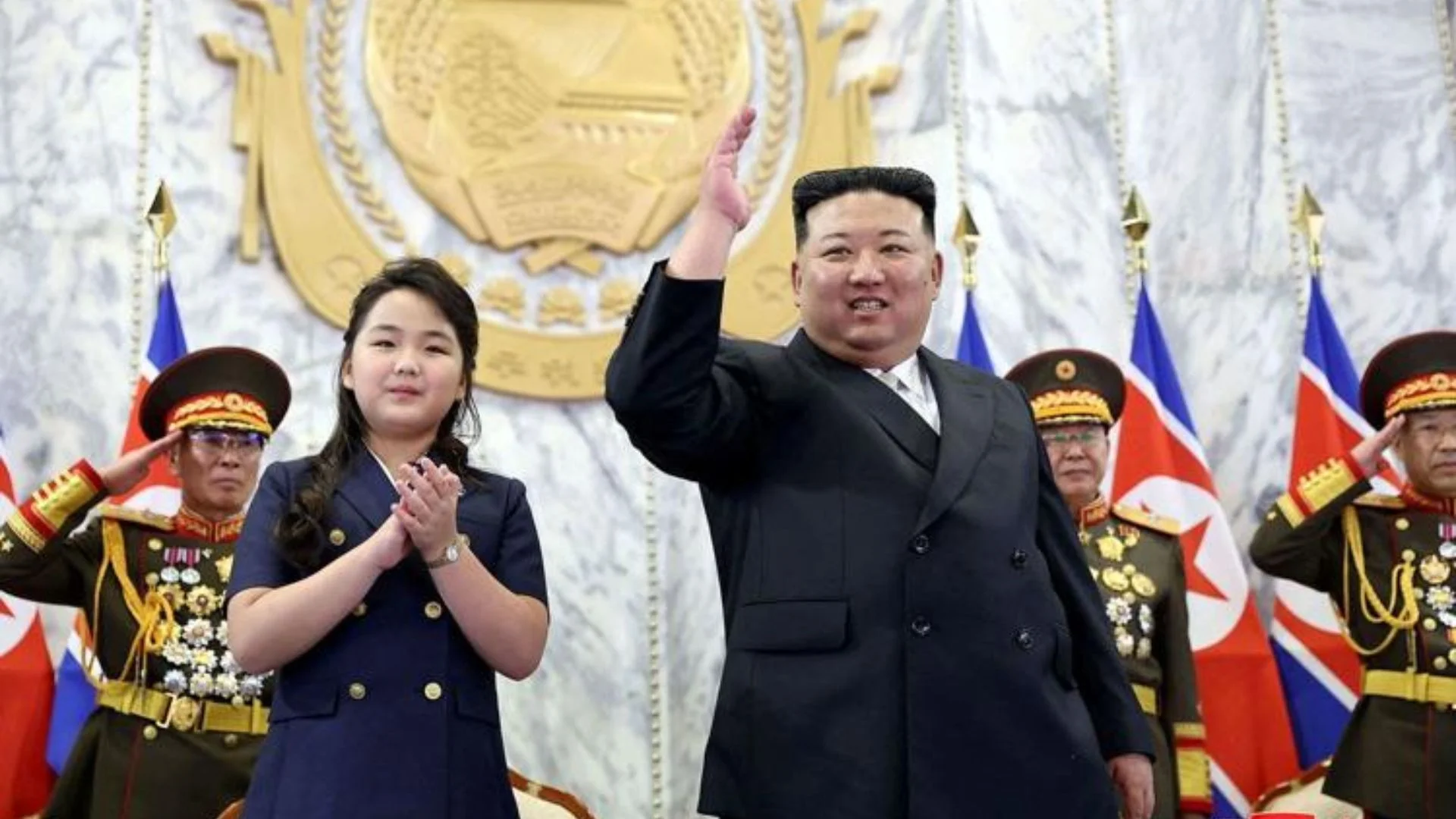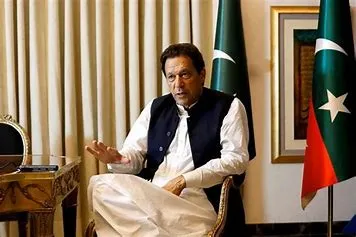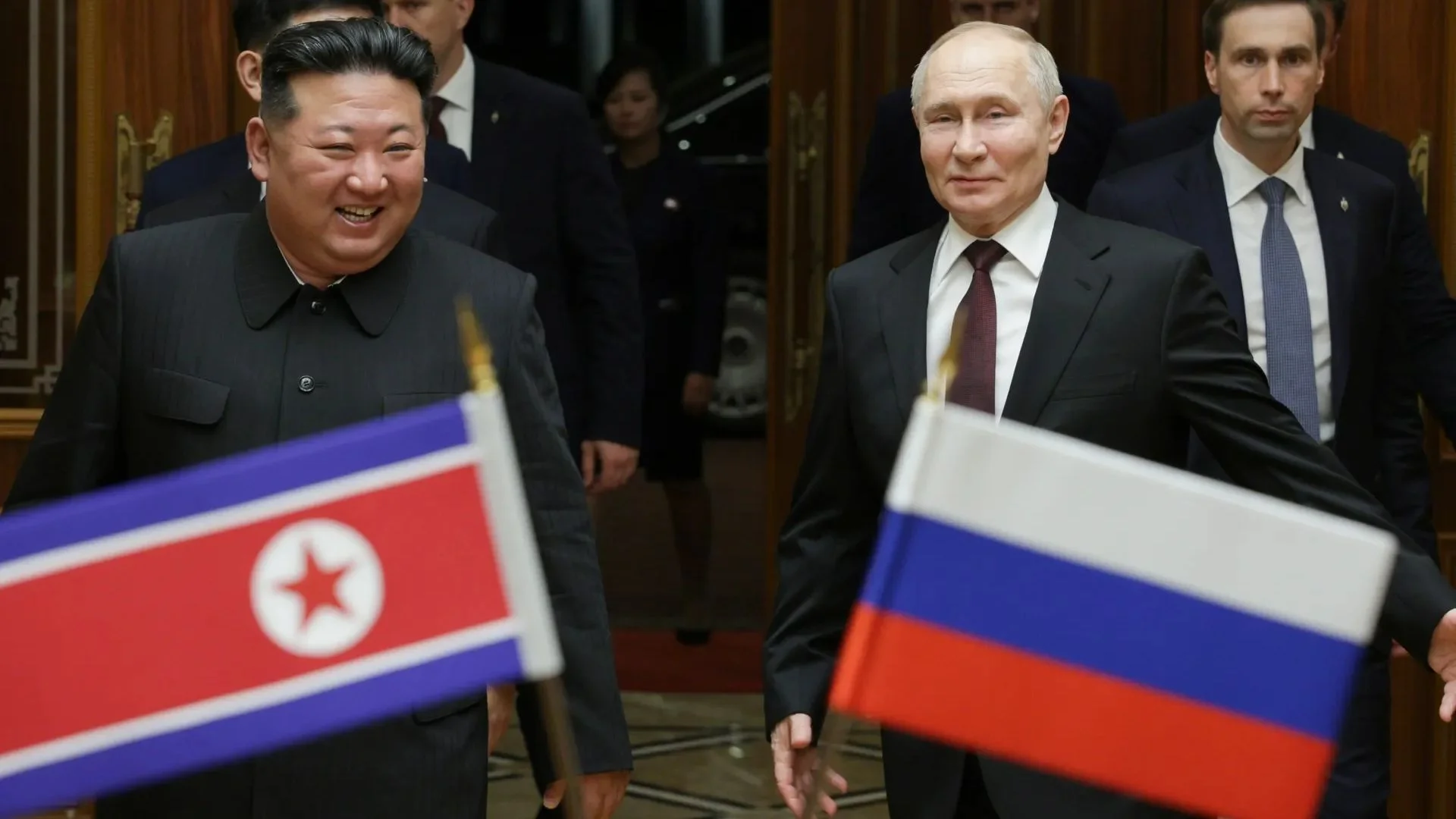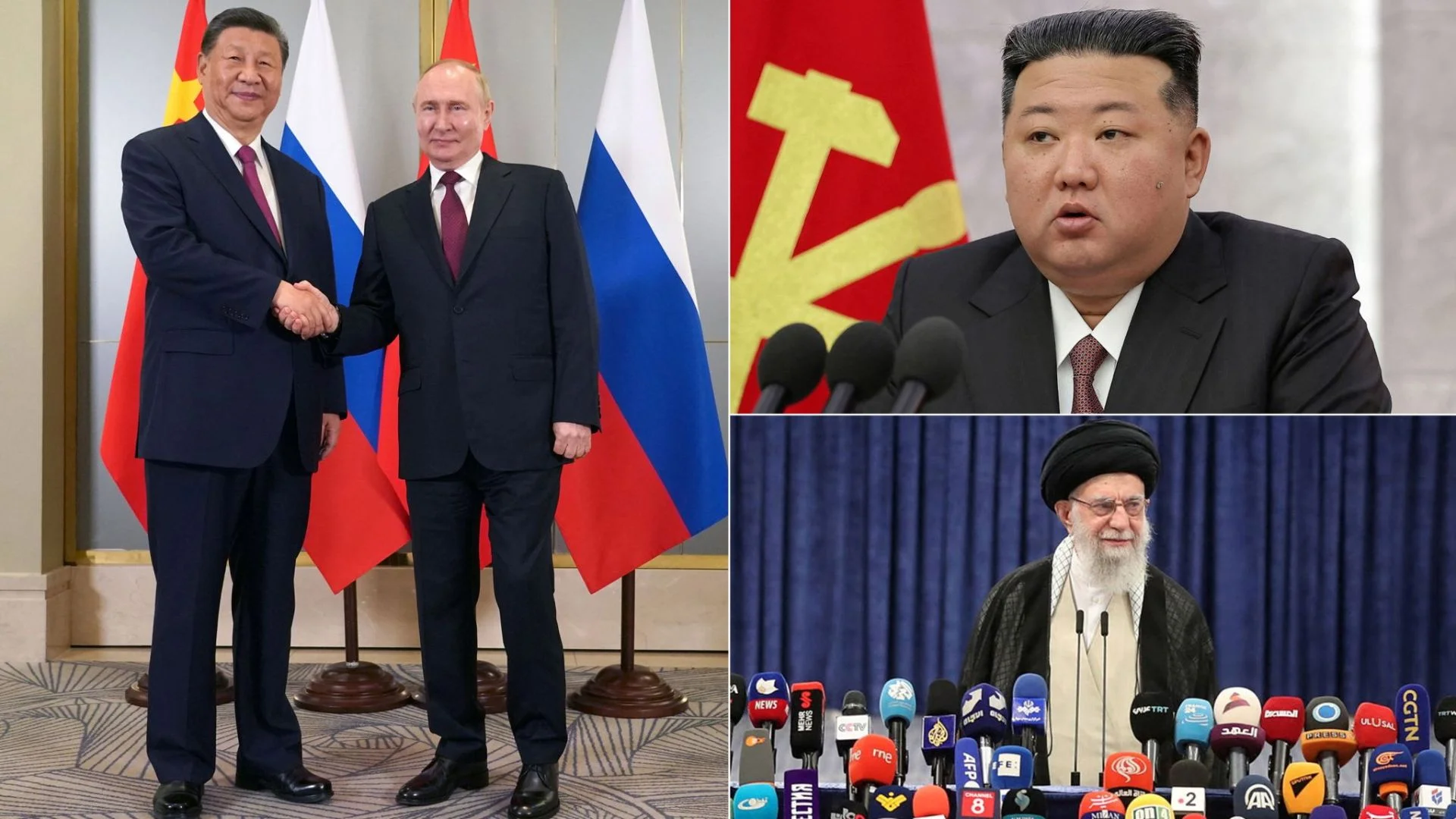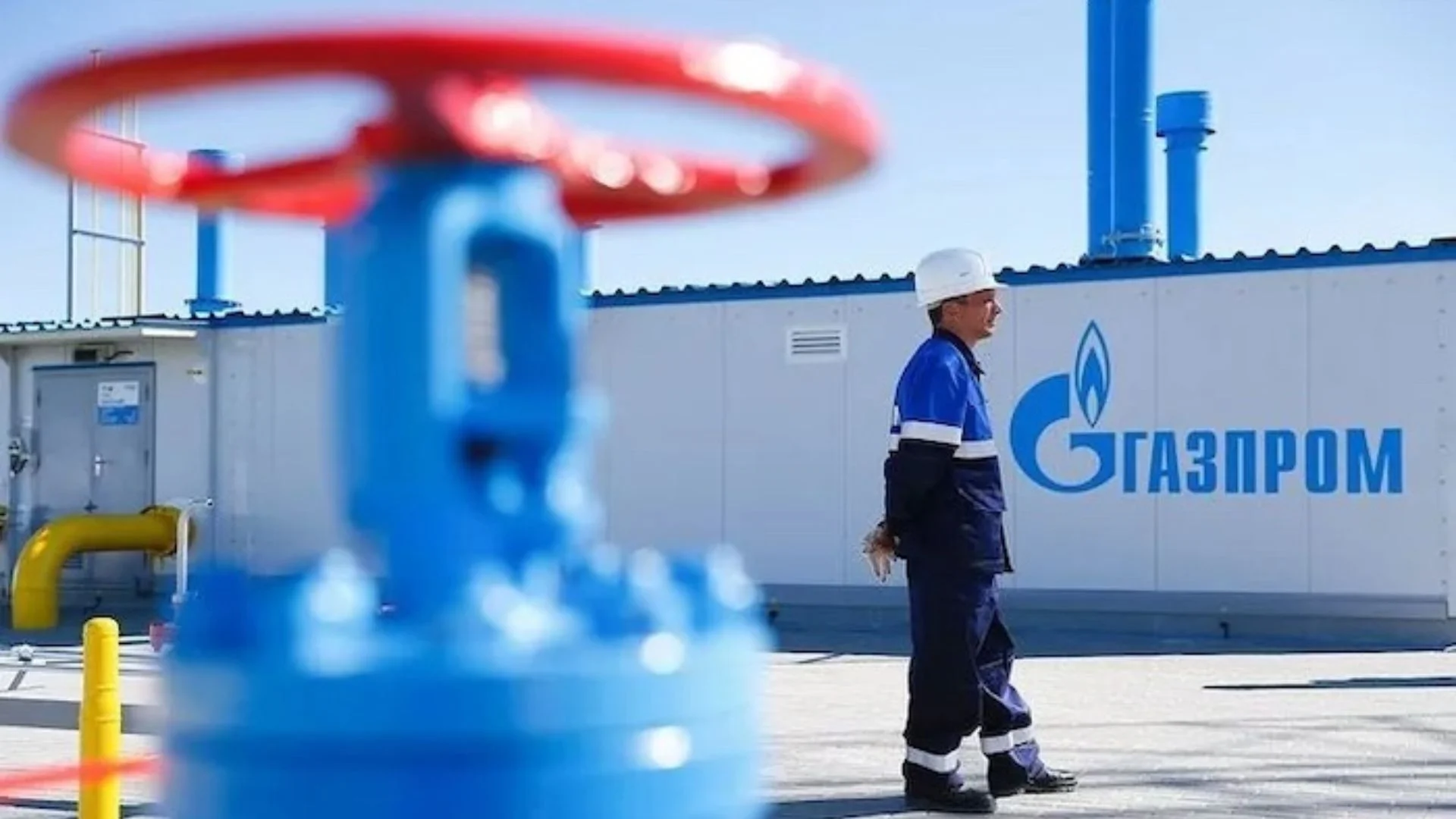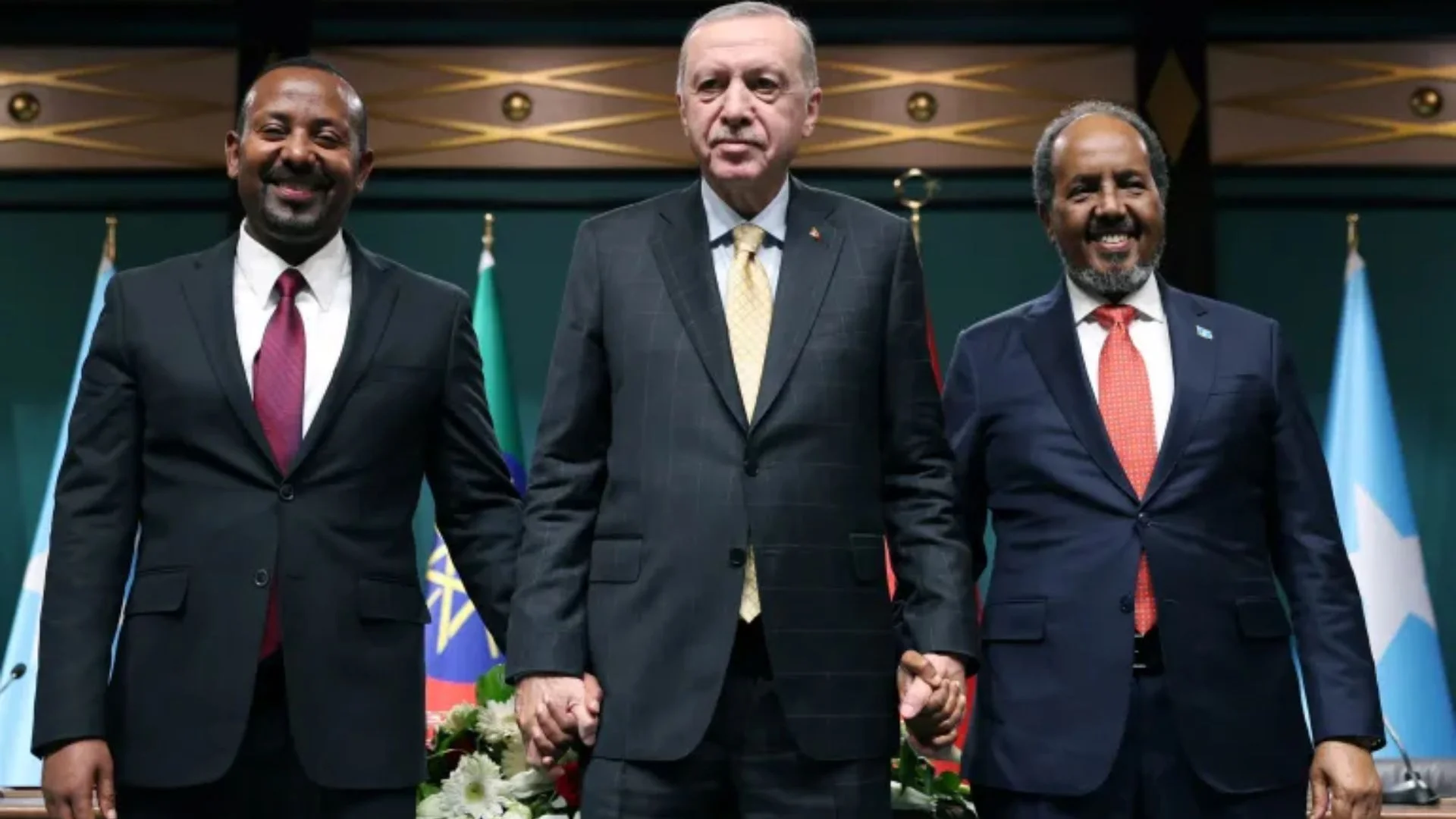Austria’s far-right Freedom Party is projected to win its first national parliamentary election, securing 29.2% of the vote on Sunday. This would mark the party’s first victory at the national level, surpassing the governing conservative Austrian People’s Party, which came in second with 26.3%, according to ORF public television.
Historic Victory for the Freedom Party
Led by Herbert Kickl, a former interior minister, the Freedom Party has capitalized on voter frustrations with issues such as immigration, high inflation, the war in Ukraine, and the aftermath of the COVID-19 pandemic. This election could mark a significant shift in Austrian politics, but whether Kickl can lead the next government remains uncertain due to resistance from other parties.
Coalition Challenges Ahead
While Kickl has expressed his readiness to form a government, his chances of becoming chancellor depend on finding a coalition partner. Rival parties, including the Austrian People’s Party, led by Chancellor Karl Nehammer, and the center-left Social Democrats, have publicly stated their refusal to work with Kickl in a government.
Nehammer, who saw his party fall short of first place, called the result “bitter” but insisted that he would not form a coalition with Kickl. Social Democrat leader Andreas Babler has also ruled out cooperation, calling Kickl “a threat to democracy.”
Key Election Issues
The Freedom Party’s election program, “Fortress Austria”, has drawn significant attention, with a focus on restricting immigration, halting asylum requests, and advocating for “remigration” of foreigners. The party is also opposed to sanctions against Russia, critical of Western military aid to Ukraine, and has proposed withdrawing from the European Sky Shield Initiative.
Kickl’s anti-EU rhetoric has resonated with voters disillusioned by the policies of the European Union, with the Freedom Party pushing to regain some powers from Brussels.
Potential Coalition Scenarios
Despite the Freedom Party’s projected victory, its path to forming a government is complicated. While Nehammer’s People’s Party is the most likely coalition partner, he has consistently excluded the possibility of working under Kickl. Political analysts believe that a more probable scenario could involve an alliance between the People’s Party, the Social Democrats, and possibly the liberal Neos, who secured around 9% of the vote.
A Strong Comeback for Kickl
The Freedom Party’s rise to the top marks a dramatic recovery from its downfall in 2019, when a scandal involving then-leader Heinz-Christian Strache caused its support to plummet. The scandal, which involved Strache offering favors to a purported Russian investor, led to the collapse of the coalition government at the time.
Since then, Kickl has rejuvenated the party, with the Freedom Party narrowly winning the European Parliament election earlier this year. If the projected results hold, this will be their best performance in a national parliamentary election, surpassing their previous record of 26.9% in 1999.

